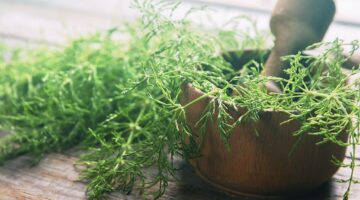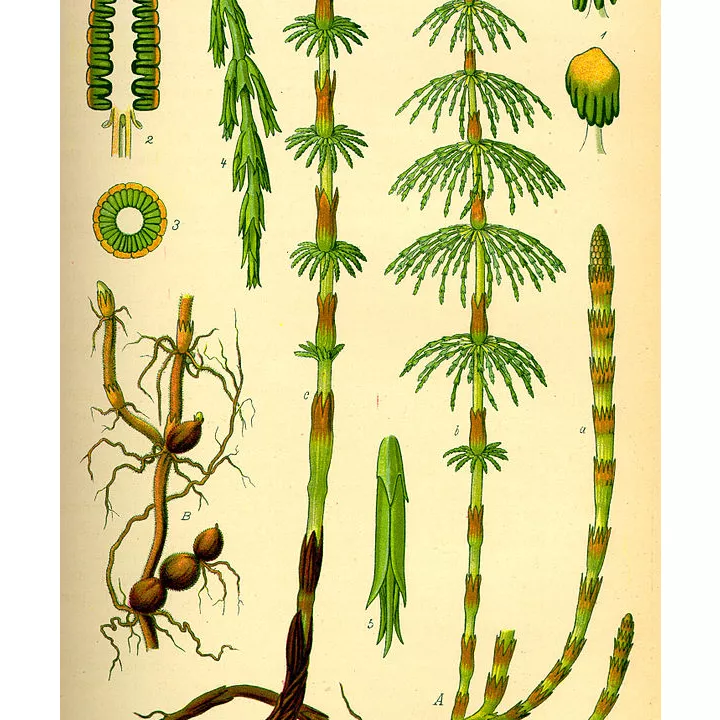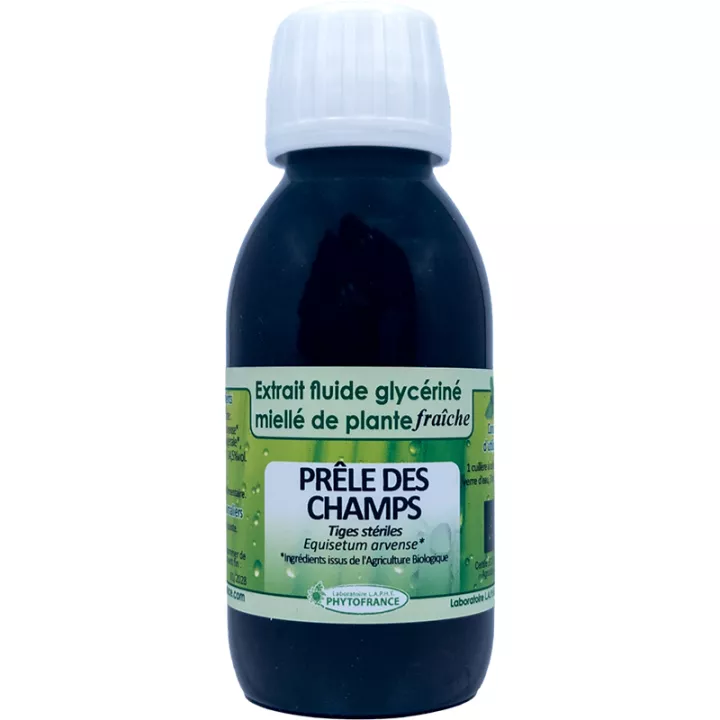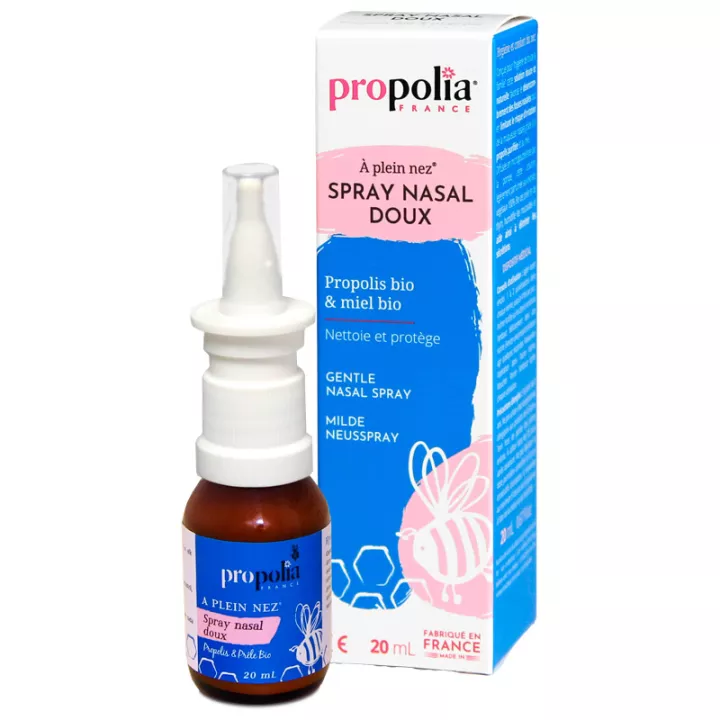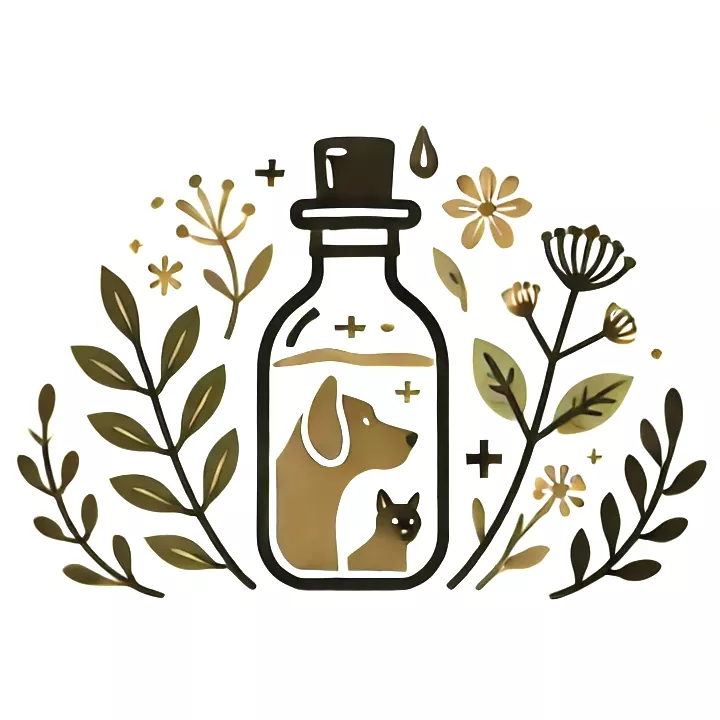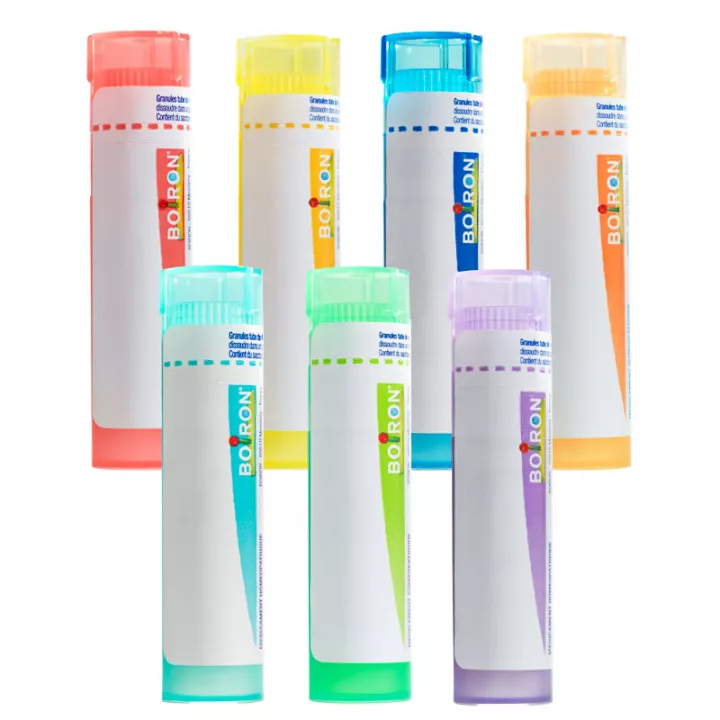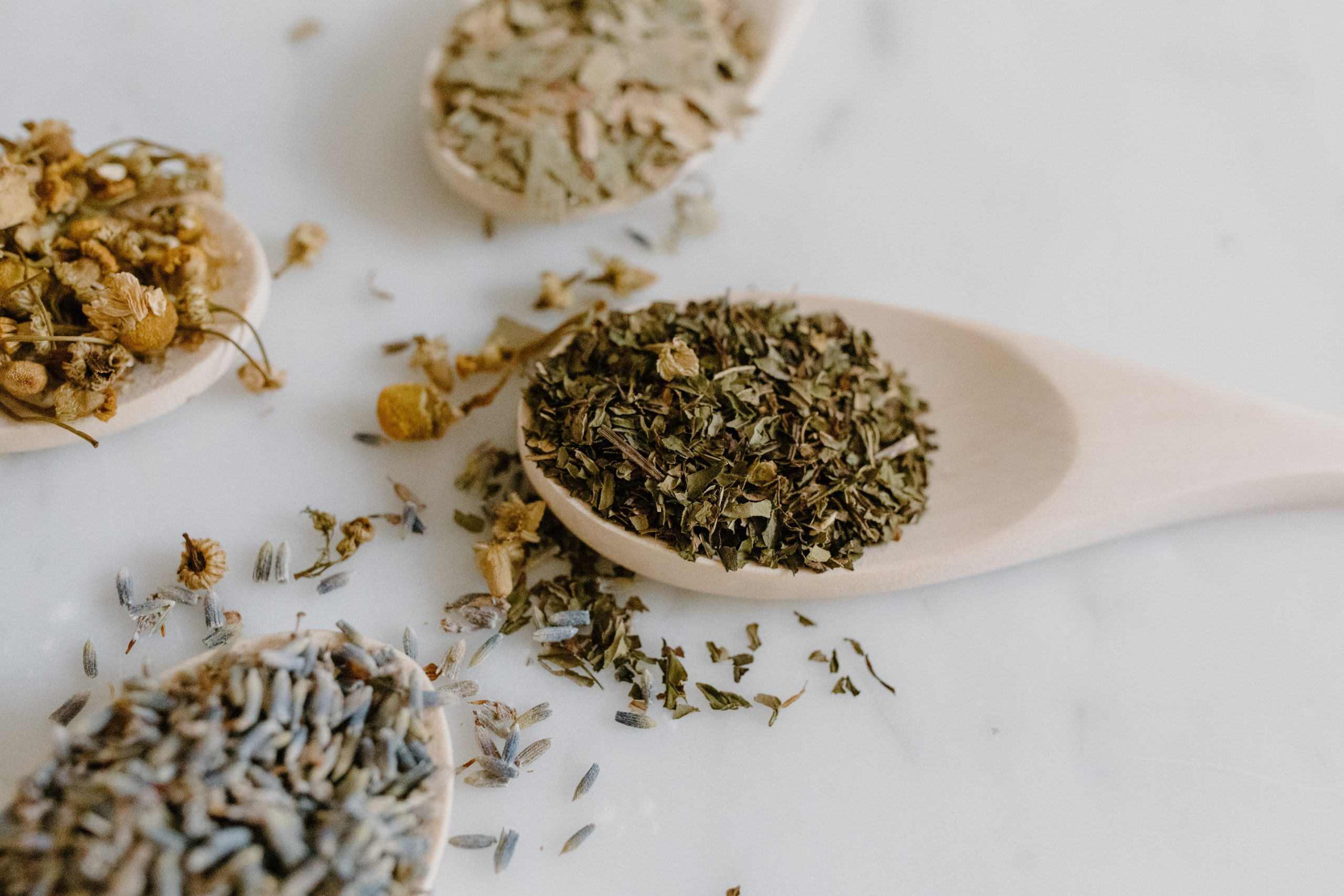What's the use of Horsetail Cut Plant Iphym Herboristerie Equisetum arvense?
Once prized for its therapeutic properties, horsetail has long found its place in phytotherapy. Today, this medicinal plant is especially appreciated for its diuretic virtues, particularly in cases of urinary tract infections or to accompany a slimming diet. Horsetail is also recognized for its role in strengthening bones, hair, nails and tendons, thanks to its high concentration of silica. However, it is important to note that these benefits are still being studied and do not benefit from absolute scientific validation.
Horsetail is a natural solution for those seeking to stimulate renal elimination. By promoting urine production, it helps to evacuate toxins accumulated in the body. This diuretic effect can be particularly useful for those suffering from water retention or wishing to relieve the symptoms of minor urinary tract infections. Although its efficacy has not been systematically proven by clinical studies, many users appreciate its gentle, effective action in promoting body drainage.
Horsetail is an exceptional source of silica, an essential mineral for bone health. Indeed, silica plays a key role in the formation and maintenance of bone and cartilage structure. It is also involved in calcium fixation, making it particularly beneficial for people suffering from osteoporosis or wishing to prevent this condition. Horsetail is also often recommended as a dietary supplement to strengthen joints and promote fracture healing.
Horsetail is also highly prized for its aesthetic properties. Rich in nutrients such as silicon, it helps strengthen keratin, the main protein in hair and nails. Regular use can help improve hair texture and strength, while reducing nail fragility. For those struggling with hair loss or brittle nails, horsetail is a natural supplement of choice.
Not only does horsetail have internal benefits, it is also appreciated for its virtues when applied topically. Thanks to its astringent and healing properties, it is often used to soothe superficial wounds, skin irritations and even to promote the healing of bruises. By applying horsetail decoctions to the affected areas, you can take advantage of its benefits to regain healthier, regenerated skin.
Horsetail is sometimes used to relieve minor digestive disorders. Thanks to its unique composition of flavonoids and saponins, it can help soothe inflammation of the gastrointestinal tract. As a mild diuretic, it also contributes to better kidney function, helping to evacuate excess fluid and metabolic waste. This makes it an ideal ally for those seeking to optimize their general well-being.
Used for centuries by various cultures, horsetail has proved its worth in the traditional treatment of many ailments, such as gout, osteoarthritis and post-traumatic oedema. Although its medicinal properties are still under investigation, its use continues thanks to the trust placed in it by those seeking natural alternatives to conventional treatments.
Iphym also offers Black Psyllium Seed at the best price in our online pharmacy.
How to use this plant
To benefit from the properties of horsetail, we recommend using it as an infusion or decoction. For an infusion, add 2 to 4 grams of dried plant to 150 ml of boiling water, to be taken three to four times a day, particularly for minor urinary disorders. For local use on wounds, prepare a decoction: boil the horsetail, leave to cool and apply the solution to the affected areas. Don't forget to increase your water intake to at least two liters a day when using this product to maximize its effectiveness.
Give your opinion on the advice for use and dosage of Prêle Plante Coupée Iphym Herboristerie Equisetum arvense with our partner Verified opinions after your purchase.
Precautions for use
People suffering from edema due to heart or kidney disease should avoid taking horsetail. In the event of prolonged use, minor digestive problems or skin reactions may occur. Overdosage may result in vitamin B1 deficiency. Horsetail may also interact with certain drugs, particularly those affecting potassium levels in the blood. It is not recommended for pregnant or breast-feeding women, due to the lack of studies on its effects. It is also not recommended for children under twelve.
What is its composition?
Equisetum arvense L.
Family: Equisetaceae
Other names: Horse's tail, Fox's tail, Rat's tail, Small horsetail
Available at
50 g, 100 g, 250 g or 1 kg.
